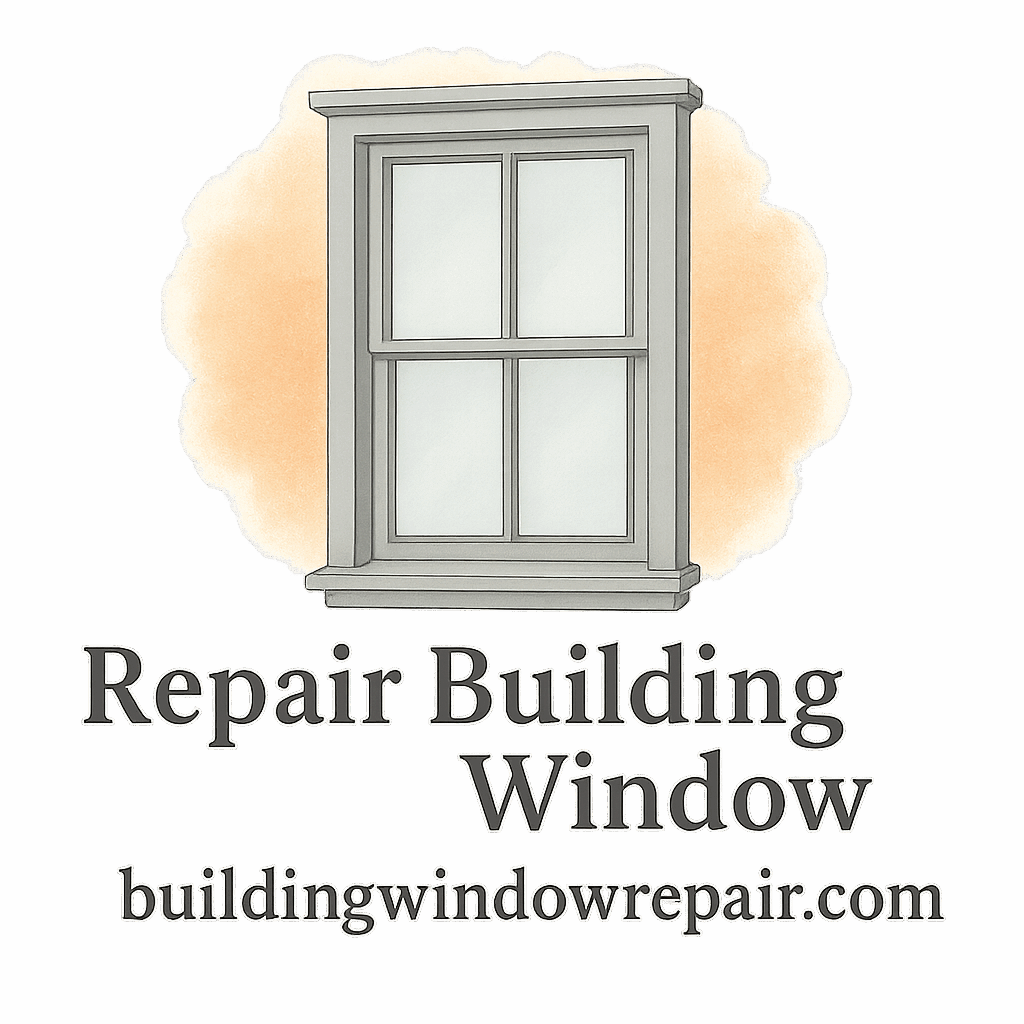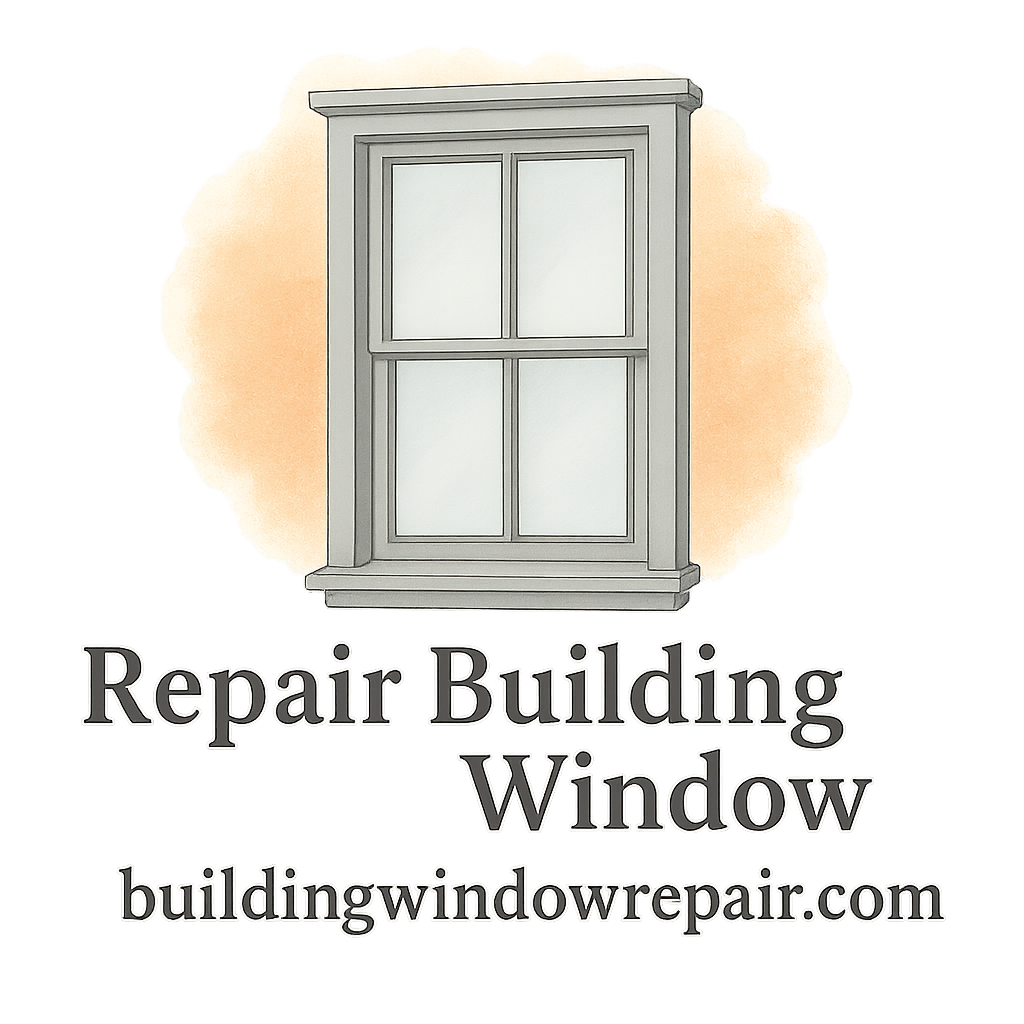Introduction
Windows are one of the most important parts of any building. They bring in light, allow fresh air to circulate, and even influence energy efficiency. But what happens when your windows crack, the frames loosen, or seals wear out? Calling a professional every time can get expensive and inconvenient. That’s where learning DIY building window repair comes in handy.
Not only does it save you money, but it also empowers you to take better care of your property. In this guide, we’ll walk through 11 powerful benefits of learning how to handle your own building window repair.
1. Save Money on Repair Costs
The high cost of professional repairs
Window repair isn’t cheap. Hiring a technician can cost hundreds of dollars for even minor fixes. Labor, service charges, and parts quickly add up.
How DIY reduces expenses
By learning DIY repair, you only spend on materials and tools. Instead of paying someone else’s markup, you buy directly and repair it yourself. Over time, this could save you thousands of dollars.
2. Gain Control Over Your Home’s Maintenance
Avoid scheduling delays
Waiting days or even weeks for a repair appointment can be frustrating, especially if your window damage affects comfort or security.
Tackle issues immediately
DIY gives you control. Instead of waiting, you can repair cracked glass, loose seals, or broken locks right away. That’s immediate peace of mind.
3. Extend the Life of Your Windows
Preventative DIY maintenance
When you maintain windows regularly—cleaning, sealing, and checking frames—you stop small problems from turning into big ones.
Reducing wear and tear
Simple maintenance tips like re-caulking or tightening hardware help extend the lifespan of your windows by years.
4. Improve Energy Efficiency
Sealing gaps and cracks
Leaky windows are a major source of energy loss. Cold air sneaks in during winter, and cool air escapes in summer.
Lowering heating and cooling bills
With DIY knowledge, you can apply sealants to close those gaps, improving insulation and lowering utility bills—an eco-friendly win.
5. Increase Property Value
Buyers value well-maintained windows
If you’re selling or renting, well-kept windows are a selling point. Potential buyers see them as one less expense to worry about.
DIY improvements boost curb appeal
A freshly repaired, clean window adds beauty and signals that the property has been cared for. That adds real estate value instantly.

6. Enhance Safety and Security
Fixing broken locks and frames
Broken latches or loose frames create opportunities for break-ins. With DIY knowledge, you can reinforce your windows and protect your property.
Preventing accidents with cracked glass
Cracked glass isn’t just ugly—it’s dangerous. Repairing it quickly avoids injuries, especially in homes with kids or pets.
7. Learn Valuable Skills
Basic carpentry and glazing
DIY repair introduces you to skills like cutting glass, sealing frames, and repair techniques.
Transferable DIY techniques
These skills apply beyond windows. You’ll gain confidence in other home projects, from doors to furniture repairs.
8. Immediate Emergency Repairs
Storm damage response
Storms can break glass, loosen frames, or rip out caulking. Knowing DIY repairs lets you act fast.
Quick fixes before calling a pro
You may still need a contractor, but temporary DIY fixes prevent further damage until professional help arrives.
9. Eco-Friendly Benefits
Reusing and recycling materials
DIY encourages you to repurpose and recycle, like reusing frames or repairing instead of replacing.
Reducing waste through DIY
By fixing instead of discarding, you help cut down landfill waste and embrace energy-saving practices.
10. Boost Confidence and Independence
The satisfaction of self-reliance
Few things feel better than fixing something with your own two hands.
Overcoming repair challenges
Even tricky tasks like sealing or frame adjustment become empowering once you master them.
11. Access to Affordable Materials and Tools
Buying supplies at lower cost
DIYers can shop smart—using discounts, rebates, and bulk buys on materials.
Investing in tools for long-term use
Once you own tools, they pay for themselves by enabling countless future repairs.
Common DIY Mistakes to Avoid
Using the wrong sealants or materials
Not all caulks and sealants are equal. Choosing the wrong type reduces durability.
Ignoring safety precautions
Skipping safety compliance like gloves and goggles risks serious injury.
Essential Tools for DIY Window Repair
Basic toolkit checklist
- Screwdrivers
- Utility knife
- Caulking gun
- Putty knife
- Measuring tape
Advanced tools for specific repairs
For glazing or frame adjustments, you may need glass cutters, sealant removers, and insulation foam.
Safety Tips for DIY Repairs
Handling glass safely
Always wear gloves when dealing with cracked or broken glass. Dispose of shards responsibly.
Protective gear you must wear
Gloves, goggles, and long sleeves are essential. Safety should never take a back seat.
When to Call a Professional
Complex structural issues
If the frame is rotting, warped, or requires full replacement, call a pro.
Situations where DIY won’t cut it
Jobs involving heavy glass panes, scaffolding, or legal compliance may need expert handling.
Conclusion
Learning DIY building window repair is more than just a money-saving hack—it’s a life skill. From boosting property value to improving energy efficiency and giving you peace of mind, the benefits are endless. Whether you want to be more eco-friendly, handle emergencies, or simply feel confident in maintaining your home, DIY window repair pays off in the long run.
FAQs
1. Is DIY window repair difficult for beginners?
Not at all! With the right materials and tools, most repairs are simple and beginner-friendly.
2. Can DIY repairs really improve energy efficiency?
Yes. Sealing cracks and adding insulation makes a noticeable difference in heating and cooling costs.
3. What safety gear should I use when repairing windows?
Always use gloves, goggles, and long sleeves to protect against sharp glass.
4. How often should I maintain my windows?
A yearly inspection, cleaning, and sealing routine works for most homes. See these maintenance tips.
5. Are DIY repairs as durable as professional ones?
Yes—if you use the right repair techniques and high-quality materials.
6. When should I avoid DIY and call a professional?
For structural damage, large glass replacements, or legal building compliance requirements.
7. Do DIY repairs increase property resale value?
Absolutely. Buyers appreciate well-maintained, airtight windows, which adds to curb appeal.


